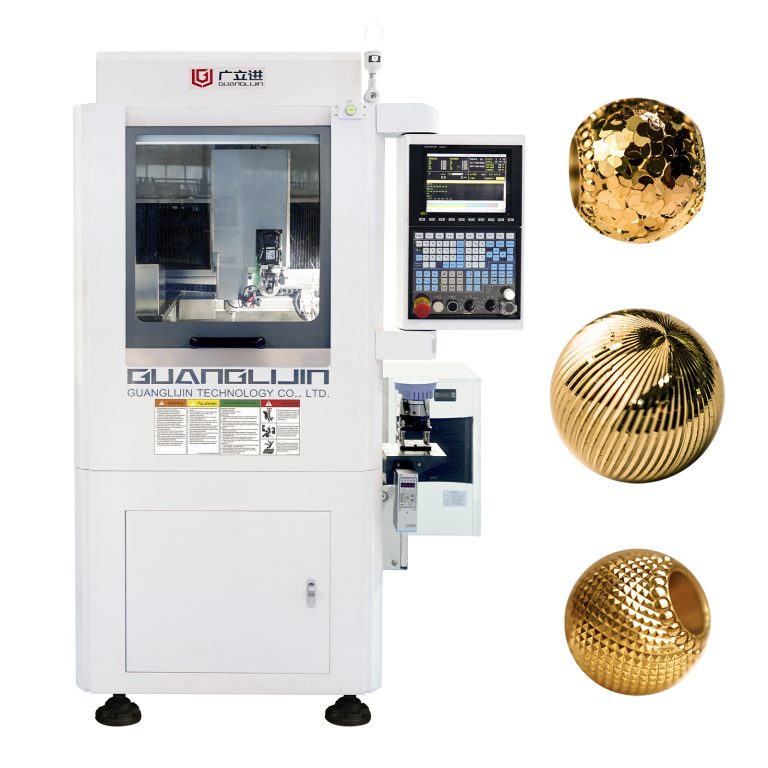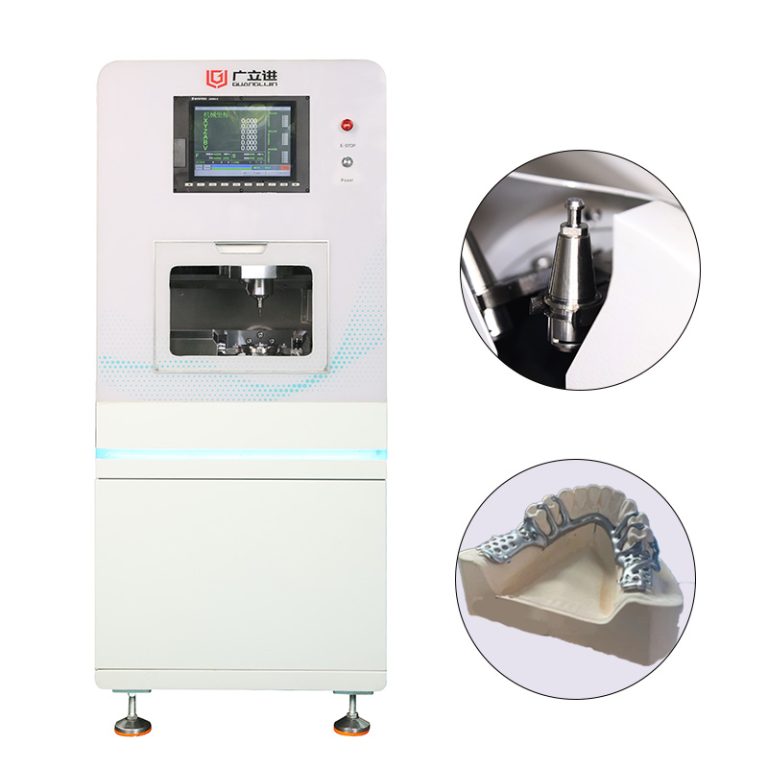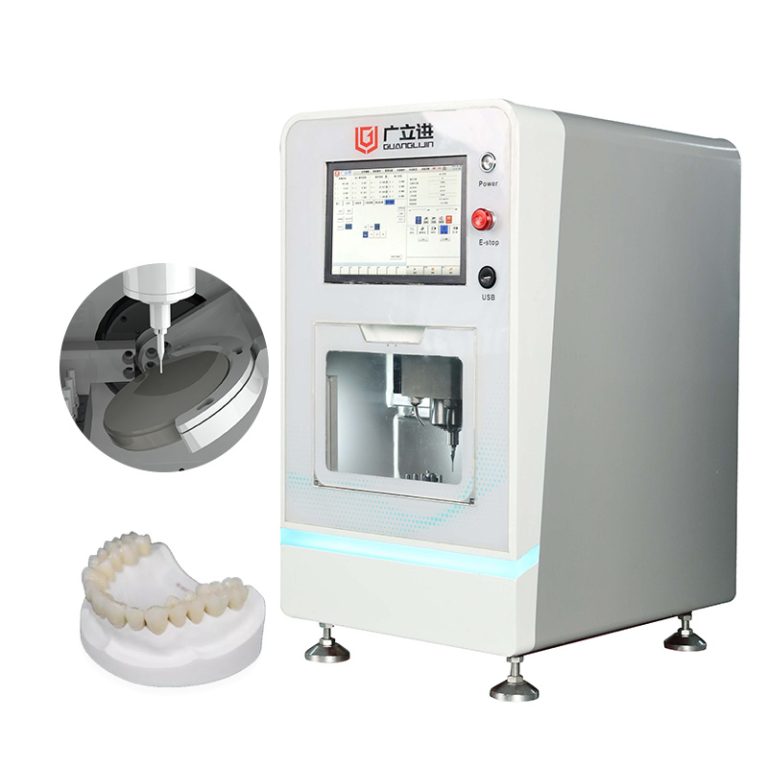Jewelry Rolling Mills: The Essential Metalworking Tool
Why Every Jewelry Workshop Needs a Rolling Mill
A jewelry rolling mill can reduce material costs by 30-40% (2024 Goldsmith’s Journal) by transforming scrap into usable sheet and wire. Modern metal rolling machines achieve tolerances of ±0.01mm – impossible with hand hammers.
Our studio made an unexpected discovery last year: Using a rolling mill for texture creation increased product variety by 65% without additional material costs.
Manual vs Powered Rolling Mills: Key Differences
| Feature | Manual Mill | Powered Mill |
|---|---|---|
| Cost | $500-$1,500 | $3,000-$8,000 |
| Production Speed | 10-15 sheets/hour | 50-70 sheets/hour |
| Best For | Small studios, texture work | Production workshops |
⚠ Critical Warning: Never roll metal thicker than recommended – this can permanently damage the rollers!
5-Step Metal Rolling Process
- Annealing: Soften metal (650°C for silver)
- Initial Pass: Reduce thickness by 10-15%
- Re-annealing: After 2-3 passes
- Final Pass: Achieve exact thickness
- Cleaning: Remove mill marks with pickle
The Hidden Challenges of Metal Rolling
Work hardening occurs faster than beginners expect. Silver becomes unworkable after just 3-4 passes without annealing. We ruined $800 worth of material before learning this lesson.
Interestingly, rolling direction matters. Always rotate the metal 90° between passes for even grain structure (2023 Metalsmith Association finding).
Creative Applications Beyond Basic Rolling
Modern flatting mills enable stunning effects:
- Pattern transfer from textured plates
- Creating custom thickness wire
- Fusing dissimilar metals
Here’s a pro tip: Sandwiching metal between brass plates prevents surface marks during rolling.
Rolling Mill Maintenance Checklist
- □ Daily: Wipe rollers with clean cloth
- □ Weekly: Lubricate gears and screws
- □ Monthly: Check roller alignment
- □ Quarterly: Tighten all bolts
- □ Yearly: Professional calibration




